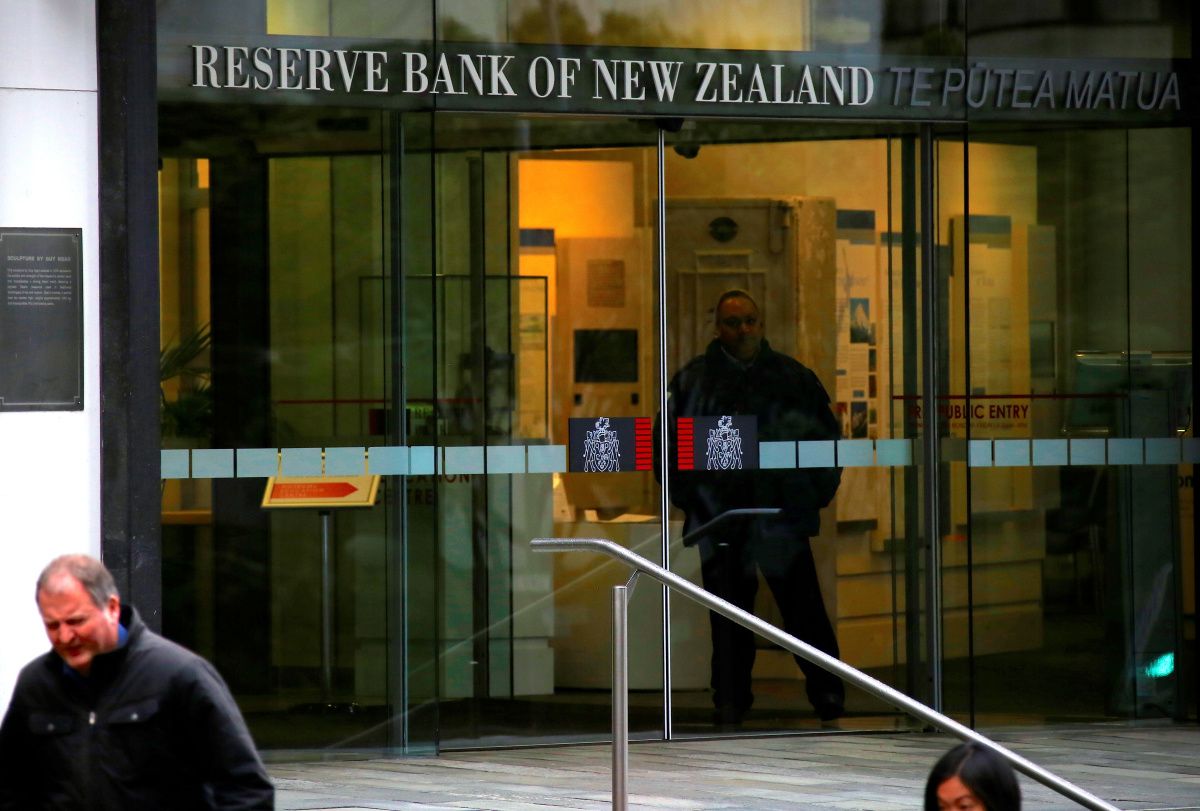KEY POINTS
- When it comes to cryptocurrencies, banks should be “as transparent and blunt as we can,” Orr said
- He said stablecoins and other cryptocurrencies are “the biggest misnomers”
- The Reserve Bank of New Zealand in July said it was exploring whether it should introduce CBDC in the future
The Reserve Bank of New Zealand’s Governor Adrian Orr raised doubts on the stability of stablecoins, stating them as the “biggest misnomers” and “oxymorons,” a combination of contradictory words with opposite meanings.
“Stablecoins are not stable. They’re only as good as the balance sheet of the person offering that stablecoin,” Orr said during a parliamentary finance committee meeting on Sunday.
For Orr, the most important step in handling stablecoins and other cryptocurrencies is to “be as transparent and blunt as we can.” He once again reiterated that stablecoins “are speculative coins, not currency and not central bank cash.”
He went on to note that fiat currencies, such as the New Zealand dollar, are stable because parliament has authority over them, as well as the backing of a “credible institution such as an independent central bank to maintain low and stable inflation.”
Orr was asked if New Zealand’s central bank was concerned about the rise of decentralized digital currencies and stablecoins. He said the bank was “critically concerned,” taking a jab at Bitcoin.
“Bitcoin is neither a means of exchange, nor a store of value, nor a unit of account, yet people try to use this at that,” he argued.
Orr’s remarks came months after New Zealand’s parliament co-wrote the “Inquiry into the current and future nature, impact, and risks of cryptocurrencies” report with a partner at the MinterElissonRuddWatts law firm and a University of Auckland associate professor of commercial law.
The report, commissioned by the Finance and Expenditure Committee, noted that cryptocurrencies and digital assets should be regulated in a slower and targeted manner. Restrictions may “reduce the viability and competitiveness of such businesses as purchasers increasingly make payments in cryptocurrencies,” the report said.
Despite the central bank’s concerns about the stability of stablecoins, New Zealand is among 46 countries worldwide that is in the research stage toward developing a central bank digital currency (CBDC).
The Reserve Bank of New Zealand said in a July 2023 report that it was exploring whether it will introduce a CBDC in the future. At the time, the central bank said it was looking into the possibility of a digital currency “because the way people pay is changing.”
New Zealand does not prohibit cryptocurrencies. However, they are not yet considered legal tender. Cryptocurrencies are categorized as designated financial products by the country’s regulator, the Financial Markets Authority (FMA).
As of December 2023, a total of 11 countries have launched their own CBDC, 21 have launched pilot programs for digital currencies, and 33 nations have started developing their CBDC, according to data from Atlantic Council.






